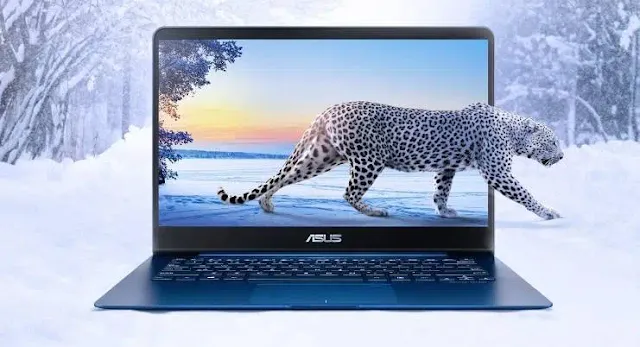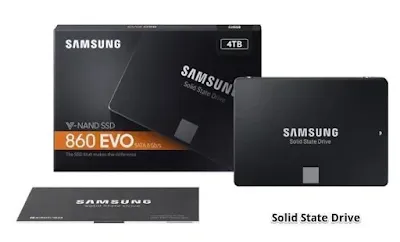Hard disk or SSD storage? Which would be better on the computer?
 |
| Hard disk or SSD storage |
Hard disk or SSD storage
Computers have three types of memory devices for data stability. One is read-only, such as those that are programmed permanently on the motherboard/processor or in the BIOS. Data can be read or read from these, but it cannot add new data or delete existing data. Another memory type is RAM.It can add and subtract data, but it is transient. If the power goes off while the PC is running or if a new program is opened, the data of RAM is exchanged or replaced. The random thing is - random access memory. The memory devices that we use to store a file on a PC provide the longest stability of data. Hard drives are usually used in this case.
Hard disk drives contain a number of magnetic coated plates that rotate during work, and special read-write heads exchange data between these metal discs or plates.
On the other hand, there is no rotating part in solid-state drives or SSD storage. It consists of interconnected flash memory chips in which data is stored electronically. No magnetic force is required. There is no read-write head.
So let's see what you can consider to decide whether to use a hard disk in the computer, or SSD storage.
 |
| Hard disk |
Speed
The hard disk has a rotating part and for this, the head will take some time to collect data from its proper place. Due to these and other technical reasons, the data access time on the hard disk is a little longer than the SSD. That is, the hard disk works a little slower than the SSD. In my personal experience, a PC with an SSD starts in 8-10 seconds, while a PC with a hard disk takes at least half a minute to turn on. After the PC is turned on, it takes a minute more for the startup programs to be ready. File read-write time on SSD averages 200 to 550 megabytes per second. Hard disk average file read-write time is 50 to 120 MB / sec.If you install SSD (at least as a system drive) on a PC with a hard disk, you will get at least twice as much speed as before. The speed of the SSD would seem to be sky-high compared to the hard disk. So if you want speed on PC, SSDE in storage will be your best choice.
 |
| SSD storage |
Durability
More durability than hard disk SSD storage devices, as is known. So SSD is also ahead in terms of sustainability.Power consumption
SSD consumes less power than hard disk. Where the SSD is 2-3 watts, the hard disk is 7-8 watts. Since solid-state drives consume less power, SSD storage will increase your laptop's battery backup by at least 30 minutes.Capacity
The SSD currently available for laptops usually has a capacity of no more than 1 terabyte. SSDs with a maximum capacity of 4 terabytes are available for desktops. On the other hand, the capacity of the hard disk is much higher. Hard disks are available up to 2 terabytes for laptops and up to 10 terabytes for desktops. The capacity of both will increase in the future. If you need a lot more storage, you can choose a hard disk.Sound and vibration
Because of the rotating part of the hard disk, noise is generated from these. But since SSD does not have any rotating parts, it does not generate any sound or vibration.Price
You must have seen in an advertisement that "the thing that is good, the price is a little higher". Likewise, since SSD is giving you so many benefits, it will also cost a little more. 250 GB SSD storage will cost around 56$, while a 500 GB hard disk drive will cost around 34$.If you can increase the budget a bit, you can choose SSD storage instead of a hard disk.SSDs cost more than hard disks, as well as speed. If your PC has multiple drives, you can use SSD as a system drive and hard disk as file storage. And if there is a place to install a single drive, then if you take SSD according to the budget, you will get speed even if you get less storage capacity.
Read more:
- This way you are destroying your own laptop!
- How do Fingerprint Scanners Work on Phones?
- Does UPS really protect the Computer?
We hope you find this post useful. Did you know this information before? There was an invitation to comment!






